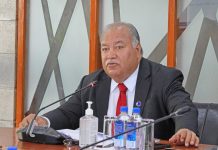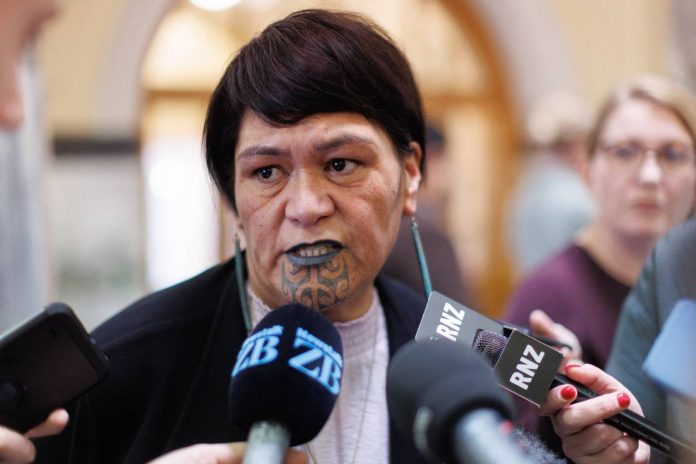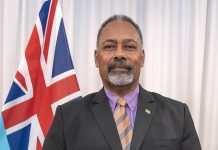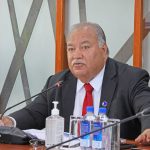The New Zealand Government says it will support a movement to ban deep sea mining in international waters until the international community can develop appropriate rules “backed up by robust science”.
A small but growing global movement is concerned about the practice, which involves extracting metals and minerals from the seafloor. Campaigners and scientists have long raised concerns about the potential to damage ecosystems, about which little is currently known.
But some nations – including New Zealand’s Pacific neighbours – see it as a means to develop important new revenue streams. Many of the minerals found are vital components of new “clean technology”, including in developing electric vehicle batteries.
Te Pāti Māori and the Green Party have called for the practice to not only be halted in international waters but in New Zealand’s territory as well.
Foreign Minister Nanaia Mahuta said Aotearoa New Zealand would back a “conditional moratorium on deep-sea mining in areas beyond national jurisdiction”.
A review is under way of progress on regulations for deep-sea mining in the area managed by the International Seabed Authority (ISA), which covers the seabed beyond exclusive economic zones and extended continental shelves.
The ISA has a July 2023 deadline to complete the regulations, or Mining Code, before mining applications can be submitted.
“This area contains some of the least understood eco-systems on the planet, and our scientific knowledge of it remains extremely limited,” Mahuta said.
“Deep-sea mining could cause irreversible changes to this environment and have a significant impact on its biodiversity.
“To understand this impact will require far more scientific knowledge about the deep seabed than we currently have.”
Mahuta said international progress on developing the Mining Code had been “slow” and she was not confident a robust regulatory framework could be agreed by next year’s deadline.
“This is why we are now calling for a conditional moratorium on deep-sea mining in areas beyond national jurisdiction, until a Mining Code can be agreed that ensures the effective protection of the marine environment.
“This requires adequate knowledge about the deep seabed, and the impacts of deep-sea mining.”
Mahuta said the moratorium would not include areas within national jurisdictions.
Nations including Palau, Fiji, Samoa, Federated States of Micronesia, France, Portugal and Chile have all announced their opposition to deep-sea mining.
At the United Nations Oceans Conference in Lisbon in June, French President Emmanuel Macron also called for deep-sea mining to be banned.
However, some Pacific nations – including Nauru, Kiribati and Tonga – are looking to exploit the potential for riches under the seafloor.
Green Party oceans and fisheries spokeswoman Eugenie Sage said the announcement was a “huge win for oceans”.
She said the ISA was “not up to the job of protecting the seabed”.
“Even while negotiations at the ISA have been happening, large mining corporations have been gearing up to plunder pristine ocean ecosystems and exploit the seafloor for profit.”
Sage said they would continue advocating for a ban across the high seas, and in the waters within Aotearoa New Zealand’s jurisdiction.
Te Pāti Māori co-leader and environment spokeswoman Debbie Ngarewa-Packer said it was a “massive milestone” in their eight-year campaign to stop seabed mining in Aotearoa and across the Pacific.
Ngarewa-Packer, who was instrumental in fighting seabed mining within her South Taranaki rohe, called on the Government to support her Member’s Bill, which would implement a ban domestically.
SOURCE: NZ HERALD/PACNEWS














